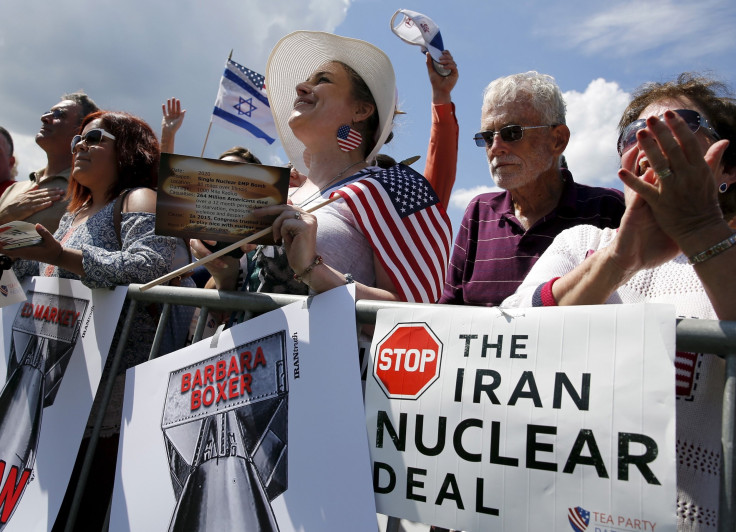US House Republican delays debate on Iran nuclear deal

The US House Republicans have adopted a new course of action to stop the Iran deal from falling into place following the opposition of some of the conservative members of the conference. The debate that was to take place on Wednesday has been delayed, while the Republicans are planning to convene a vote to stop the accord.
Thus, the House will now be holding three votes instead of one. One of the votes would determine approval for the deal, which is expected to fail and at the same time compel a number of Democrats to deviate from the White House. The second would see the introduction of the idea that the Obama administration has not revealed the agreement on the deal between Iran and the International Atomic Energy Agency to the lawmakers, as per the requirements. Finally, the third vote would concern the prevention of the US from lifting economic sanctions from Iran in exchange for the nuclear deal.
Voting is expected to run until Friday, which would mark the 14th anniversary of the 9/11 attacks. Previously, the House was scheduled to cast a procedural vote to begin a debate on the resolution for the disapproval of the Iran nuclear deal. However, the 11-hour debate has been called off by the leadership after learning that some of the conservatives are demanding the Obama Administration to provide Congress with the original documents of the agreements between Iran and IAEA. Some House Republicans are of the opinion that unless the text agreements are revealed, the 60-day time for the review should not start.
“This clock has not started,” the Hill quoted Republican Representative Mike Pompeo from Illinois, Kansas, as saying. “It doesn’t start until the deal is handed over and we haven’t seen the deal. It’s very simple.”
However, it is unlikely that the House Republicans would still be able to stop the administration in its tracks and prevent the deal from going ahead. On Tuesday, the administration has been able to secure the last count of support to reach the minimum mark which would allow President Barack Obama to use his veto if the deal gets stuck while being passed in Congress. US Representative Peter Roskam still argued that it is necessary that every possible measure is taken to stop the deal.
Contact the writer at feedback@ibtimes.com.au, or let us know what you think below.





















